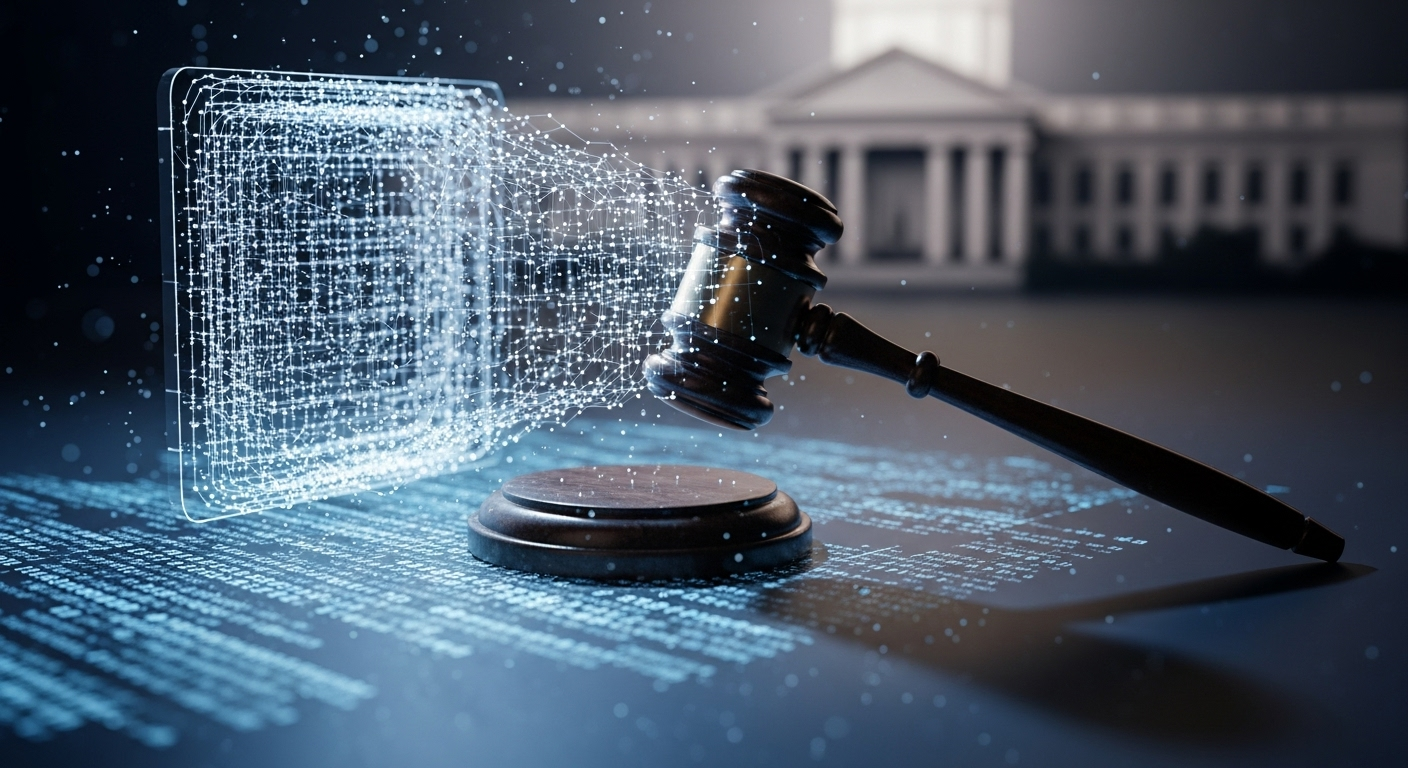Rethinking Sovereign Immunity in the Digital Age
Introduction: In an era of unprecedented digital interconnectedness, the doctrine of sovereign immunity faces new challenges and scrutiny. This long-standing legal principle, which protects governments from lawsuits, is being reevaluated in light of cybersecurity breaches, transnational data flows, and evolving notions of state responsibility. As technology blurs traditional boundaries, the question arises: How should sovereign immunity adapt to the digital landscape?

Cybersecurity Breaches and State Responsibility
The rise of state-sponsored cyberattacks has thrust sovereign immunity into uncharted territory. When a government is implicated in a cyber breach affecting individuals or entities in another country, questions of liability and jurisdiction become complex. Traditional notions of sovereign immunity may shield the offending state from legal consequences, leaving victims without recourse. This has sparked debates about the need for international frameworks that balance state sovereignty with accountability for digital actions that transcend borders.
Data Privacy and Transnational Information Flows
As governments increasingly collect and store vast amounts of data, including that of foreign nationals, the scope of sovereign immunity in data protection cases is being tested. When a state’s data practices violate international privacy norms or the laws of other countries, should sovereign immunity still apply? This question becomes particularly pertinent in cases of data breaches or misuse of personal information by government agencies. The global nature of data flows challenges the territorial basis on which sovereign immunity has traditionally operated.
Artificial Intelligence and Autonomous Systems
The deployment of AI and autonomous systems by governments introduces new dimensions to sovereign immunity debates. When an AI-powered system makes decisions that result in harm, determining liability becomes complex. If the system was developed or operated by a government entity, traditional sovereign immunity principles may shield the state from legal action. However, this raises ethical and practical concerns about accountability in an age where algorithms increasingly influence public administration and decision-making.
International Law and Digital Sovereignty
The concept of digital sovereignty has emerged as nations assert control over their digital domains. This has implications for sovereign immunity, as states claim broader protections for their online activities and digital assets. International law is struggling to keep pace with these developments, creating a patchwork of regulations and interpretations. The challenge lies in developing a cohesive framework that respects national sovereignty while ensuring accountability in the digital sphere.
Towards a New Paradigm of Digital Era Sovereign Immunity
As technology continues to reshape the landscape of governance and international relations, a recalibration of sovereign immunity principles is necessary. This may involve creating new international agreements that specifically address digital-age scenarios, establishing specialized tribunals for cyber-related disputes, or developing nuanced doctrines that balance state interests with individual rights in the digital context. The goal should be to preserve the core rationale of sovereign immunity while adapting it to the realities of a interconnected world where the actions of states have far-reaching digital consequences.
In conclusion, the digital age presents both challenges and opportunities for the doctrine of sovereign immunity. As governments navigate the complexities of cyberspace, data governance, and emerging technologies, legal systems must evolve to address new forms of state action and responsibility. The reimagining of sovereign immunity for the digital era is not just a legal exercise but a crucial step in ensuring that principles of justice and accountability keep pace with technological advancement. By thoughtfully adapting this centuries-old doctrine, we can create a legal framework that is both respectful of state sovereignty and responsive to the unique challenges of our digital world.






